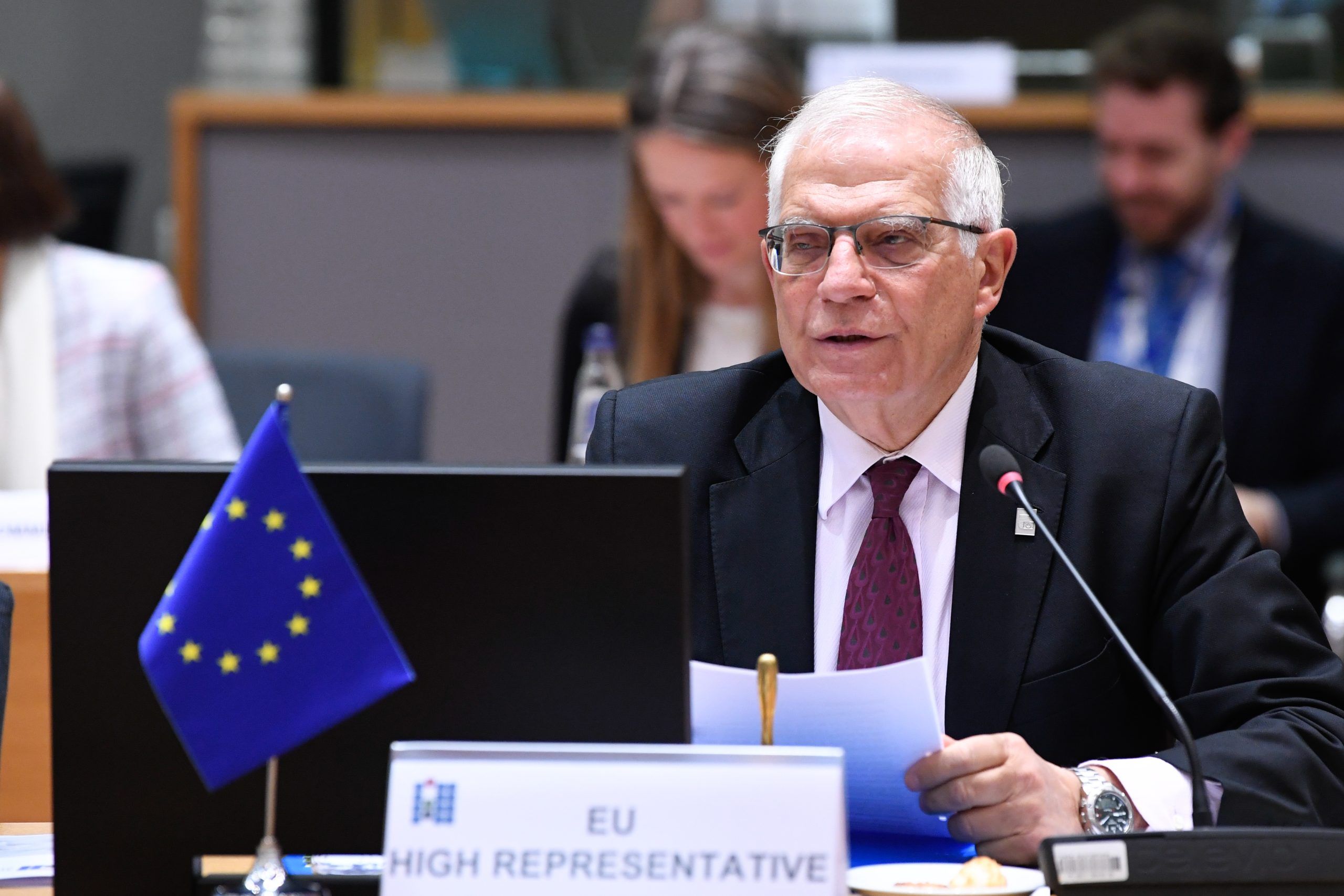The European Union and its Member States, together with its international partners, strongly condemn the malicious cyber activity conducted by the Russian Federation against Ukraine, which targeted the satellite KA-SAT network, operated by Viasat.
The cyberattack took place one hour before Russia’s unprovoked and unjustified invasion of Ukraine on 24 February 2022 thus facilitating the military aggression. This cyberattack had a significant impact causing indiscriminate communication outages and disruptions across several public authorities, businesses and users in Ukraine, as well as affecting several EU Member States.
This unacceptable cyberattack is yet another example of Russia’s continued pattern of irresponsible behaviour in cyberspace, which also formed an integral part of its illegal and unjustified invasion of Ukraine. Such behaviour is contrary to the expectations set by all UN Member States, including the Russian Federation, of responsible State behaviour and the intentions of States in cyberspace.
Cyberattacks targeting Ukraine, including against critical infrastructure, could spill over into other countries and cause systemic effects putting the security of Europe’s citizens at risk.
The European Union, working closely with its partners, is considering further steps to prevent, discourage, deter and respond to such malicious behaviour in cyberspace. The European Union will continue to provide coordinated political, financial and material support to Ukraine to strengthen its cyber resilience.
Russia must stop this war and bring an end to the senseless human suffering immediately.
Source: European Council – Press release







Leave a Reply